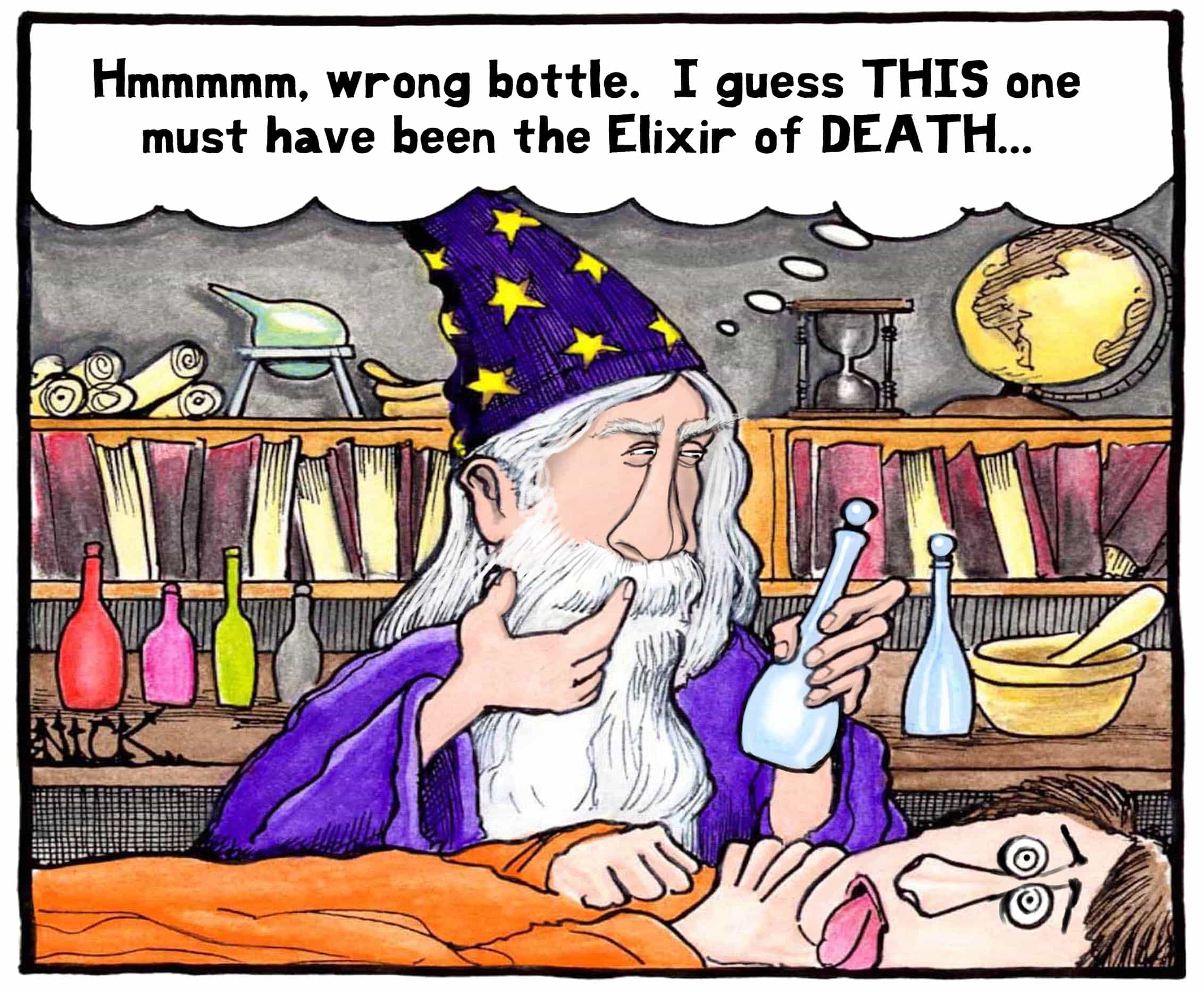My love and I are fortunate enough to have three children, now in their twenties. They are well and truly underway to adulthood, and the oldest is getting married in about a month.
When we were younger, much younger, we also took care of teenagers needing bit of help in their lives. In total we had nine ‘interesting’ teens passing through our home and our lives, and most of them are still ‘with us’. Some of them have become good friends.
So, what do you do when you try to raise your own kids or try to foster-care teenagers you barely know anything about?
Well, you change diapers, have a good conversation, getting puked all over, help with homework, forbid and encourage, take them to the doctor, cook and eat together, do some hiking and camping, visit schools and talk to teachers, get vaccinations, and on and on.
In short: (foster)parenting is being there for the little and not so little ones; that is willing the good for the other. As Edward Feser points out:
“First, love is primarily a matter of will rather than passion. Second, pleasant feelings are therefore not of its essence, even if they are usually associated with it. Third, love is a matter of willing what is good for the beloved. Fourth, love of another for his own sake has priority over love of another merely for some benefit he provides.”
Slowly but surely and if ‘all’ goes well, those in your care grow in responsibilities and independence. But: whatever has all this to do with vaccinations against diseases?
A lot actually. Willing the good for the other entails that you take care of the other’s physical wellbeing, amongst many other things. And if vaccinations add to this wellbeing, and it does for a few diseases, then immunisation via vaccines is the right thing to do.
The WHO, for all its apparent weaknesses, does some reasonable summing up of the available vaccines in the world:
Dengue; Hepatitis A; Hepatitis B; Hepatitis E; Human papillomavirus (HPV); Influenza; Japanese encephalitis; Measles; Mumps; Poliomyelitis; Rabies; Rotavirus; Rubella; Tick-borne encephalitis; Varicella; Yellow Fever.
The obvious questions come to mind: what about a SARS-CoV-2 vaccine? And: if one or more vaccines do come to market, is mandatory vaccination then the way to go, because corona-doom or some such?
Let’s consider these questions from a precautionary perspective as one of the mainstays of present-day culture, shall we.
Reiterating, precaution has materialised in a legal principle called the precautionary principle (PP) and is defined as follows (Rio Summit of 1992 Declaration on Environment and Development):
“Where there are threats of serious or irreversible damage, lack of full scientific certainty shall not be used as a reason for postponing cost-effective measures to prevent environmental degradation.”
The PP can be found in numerous national and international legislations and treaties.
Two primary reasons are generally put forward why we should be precautionary under conditions of uncertainty, and we now live in uncertain times, right?
First, we have to acknowledge that unforeseen consequences always follow from our actions; second, we need to acknowledge the vulnerability of the global ecosystems, human society, and ourselves.
New technologies need to be treated standard as a potential threat and can only be approved after extensive research and careful deliberation. As Late Lessons from Early Warnings: the Precautionary Principle 1896 - 2000 from the European Environment Agency (EEA) preaches about new technology: ‘their very novelty might be taken as a warning sign’.
So, what about COVID-19? Surely, SARS-CoV-2 is not a human technology? Well, some do push for the idea that we have crossed the boundaries of the natural and social (italics added):
“If climate change was the result of carbon emissions, the emergence of viruses such as HIV, and the coronavirus SARS-CoV-2 could be traced to the intrusion of humans into delicate forest ecosystems and the vast animal incubators of the agro-industrial complex. As citizens of successful modernizing societies, we face all-pervasive risks that fundamentally blur the distinction between the social and the natural.”
Our and the world’s vulnerability is underlined at every turn in this debate, and that delivers a huge opening for those who see the world through a precautionary lens: pandemics are no longer natural but ‘under our control’, as I remark in my Utopia and Gospel (italics added):
“… risks customarily involve an amalgamation of natural phenomena (e.g. snow), artefacts (e.g. ski slopes) and institutions (e.g. ‘avalanche watchers’). Therefore, even the most natural of perilous occasions like storms, earthquakes, volcano eruptions, and tsunamis are no longer seen as merely natural phenomena threatening human life and property. They are considered to fall under human scrutiny and prediction. The human environment, and thereby its risks, is almost entirely perceived to be social, and thereby predictable and controllable.”
How do we ‘control’ pandemics (because we should!)? The biggest buzz surrounds the progress of vaccines. There is even talk of making vaccinations against SARS-CoV-2 mandatory, as some argue:
“To win the war against the novel coronavirus that has killed nearly 163,000 people in this country, the only answer is compulsory vaccination — for all of us.
And while the measures that will be necessary to defeat the coronavirus will seem draconian, even anti-American to some, we believe that there is no alternative. Simply put, getting vaccinated is going to be our patriotic duty.
The reason: When an effective vaccine is available for COVID-19, it will only defeat the pandemic if it is widely used, creating “herd immunity.” It is important to note that during an epidemic, there is no threshold above which the protection conferred by herd immunity cannot be improved. Thus, the more people who are immunized, the lower the risk for all of us, including those who are not vaccinated.
Nor is there an alternative to vaccine-induced herd immunity in a pandemic. Relying on enough people becoming infected and then immune is dangerous, as exemplified by the Swedish experience where the COVID-19 mortality rate exceeds that of its more cautious neighbors. Broad induction of immunity in the population by immunization will be necessary to end this pandemic. In simple terms, a refusal to be vaccinated threatens the lives of others.”
However, a precautionary rush towards vaccinating the global population, even mandating such an operation, could well wreak havoc amongst the immunised.
Immune enhancement -especially Antibody-Dependent Enhancement; ADE- might result in people being worse off after some kind of SARS-CoV-2 vaccination. As Eroshenko et al. warn (italics added; see also this recent study):
“ADE has been observed with dengue virus, Zika virus, Ebola virus and, importantly in the context of COVID-19, coronaviruses (CoVs). Although no well-defined set of viral properties has been definitely established as causally linked to ADE, viruses with severe clinical manifestations of ADE show an ability to either replicate in macrophages or other immune cells or otherwise manipulate these cells’ immunological state. We believe that it is important to consider ADE in the context of efforts to develop countermeasures against the severe acute respiratory syndrome coronavirus-2 (SARS-CoV-2). Indeed, data from previous CoV research strongly suggest that ADE may play a role in the virus’s pathology. If this is the case with SARS-CoV-2, then careful design and testing of vaccines or alternative approaches to prophylaxis will be needed to prevent ADE.”

So, the precautionary notion to vaccinate the world population against SARS-CoV-2 as a means to dampen or eradicate this disease, is utterly counter to the precautionary understanding of new technology, even more so when a compulsory (precautionary) program is decreed.
Mandating vaccinations against COVID-19 fosters an unsolvable contradiction as …
… precaution, in its classical form, should focus on ADE and other risks of a SARS-CoV-2 vaccine (the new tech), which conversely might leave the pandemic ‘unchecked’, ‘requiring’ a lock-down of sorts by the fearful public/politicians, which is very bad for our economies and thus for our health, which requires a secondary precautionary response … ad infinitum.
So, the application of the PP could drive for bans/moratoria on technology - vaccines - and regulation - immunisation programs - that, at the same time, is mandated out of precaution - vaccines; immunisation programs.
As said so many times, the PP is a useless piece of rhetorical equipment that is primarily driven by fear, fear of death to be precise.
And that is not surprising. In our culture, we have embraced a minimalistic anthropology of human life. The philosopher John Haught puts it like this in his Is Nature Enough? (italics added):
“When we die, our minds and memories dissolve into the eternal silence that awaits menacingly beneath the feeble flickering of life. Eventually the whole universe will decay into energetic immobility, and nothing or nobody will be left to remember anything that went on during its long pilgrimage to nonbeing. Many billions of years from now, after the physical universe has lapsed into flame or frost (probably the latter according to the latest physical theories), everything to which it has given birth will be greeted by undying nothingness.”
This ‘ontology of death’ is regarded as the basic structure of the cosmos, which leaves (human) life far less ‘real’ than the overwhelmingly astronomical lifelessness we are surrounded with.
What once was regarded as the rule – life - is now the exception in a lifeless cosmos seemingly destined for the entropy-death: “… beggar or king, death is the end of all things. Why, life might be seen as a virus infecting the perfect organism of death,” as remarked in Terry Gilliam’s film The Zero Theorem.
In fact, from the epidemiological point of view, we are nothing other than virus-carrying organisms dangerous to ourselves and others.
This modern philosophy on life and death most of us, knowingly or not, embrace, makes a (mandatory) vaccine-immunisation program, in some macabre sense, alluring.
All the COVID-19 deaths we have seen so far, inflated statistics or not, have been the result of ’lack of control’ of the pandemic, which should be at our precautionary fingertips. We have learned to control, and precaution expanded that notion manyfold.
Conversely, the hazard for some people becoming very ill or dying as a result of a SARS-CoV-2 vaccination program at least gives us data on our understanding, or lack thereof, of viruses and the possibilities and limitations of vaccines-immunisation.
In that sense, a quick introduction of a mandatory vaccination protocol could be regarded as a gargantuan clinical trial, without the usual and important safeguards that is.
No, this has nothing whatsoever to do with conspiracy-thoughts of any kind. Neither is it an accusation of coldheartedness against doctors and nurses. It is just taking a widely shared worldview to its logical conclusion.
Yet, J.K. Rowling’s Harry Potter and the Order of the Phoenix bursts this dreary ‘cocoon of death’ with a poignant scene between Voldemort and Dumbledore (italics added):
“There is nothing worse than death, Dumbledore!” snarled Voldemort. “You are quite wrong,” said Dumbledore, still closing in upon Voldemort and speaking as lightly as though they were discussing the matter over drinks. Harry felt scared to see him walking along, undefended, shieldless. He wanted to cry out a warning, but his headless guard kept shunting him backward toward the wall, blocking his every attempt to get out from behind it. “Indeed, your failure to understand that there are things much worse than death has always been your greatest weakness —”
That indeed is not only Voldemort’s greatest weakness but ours as well. We should heed these words well the coming months and years.
